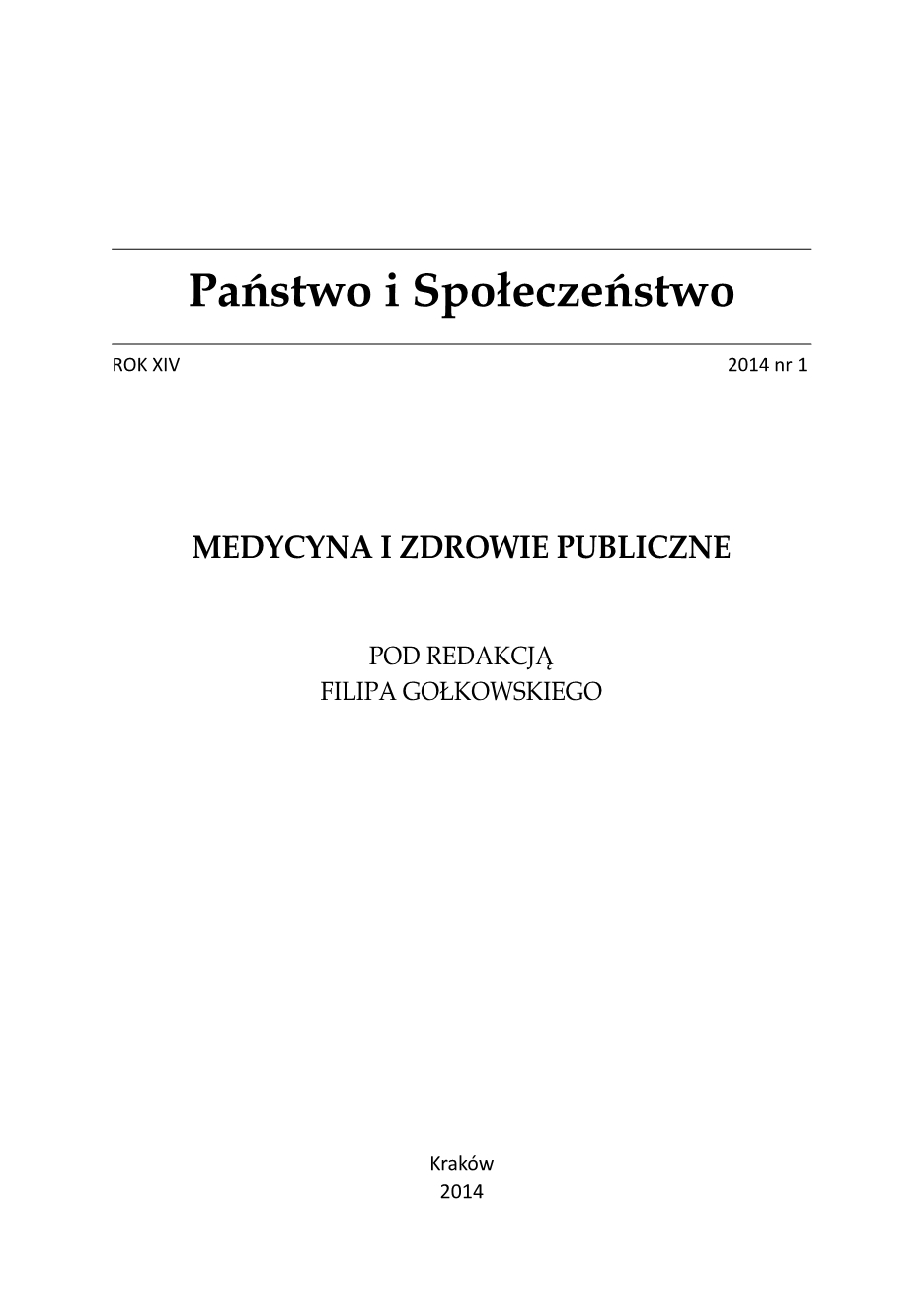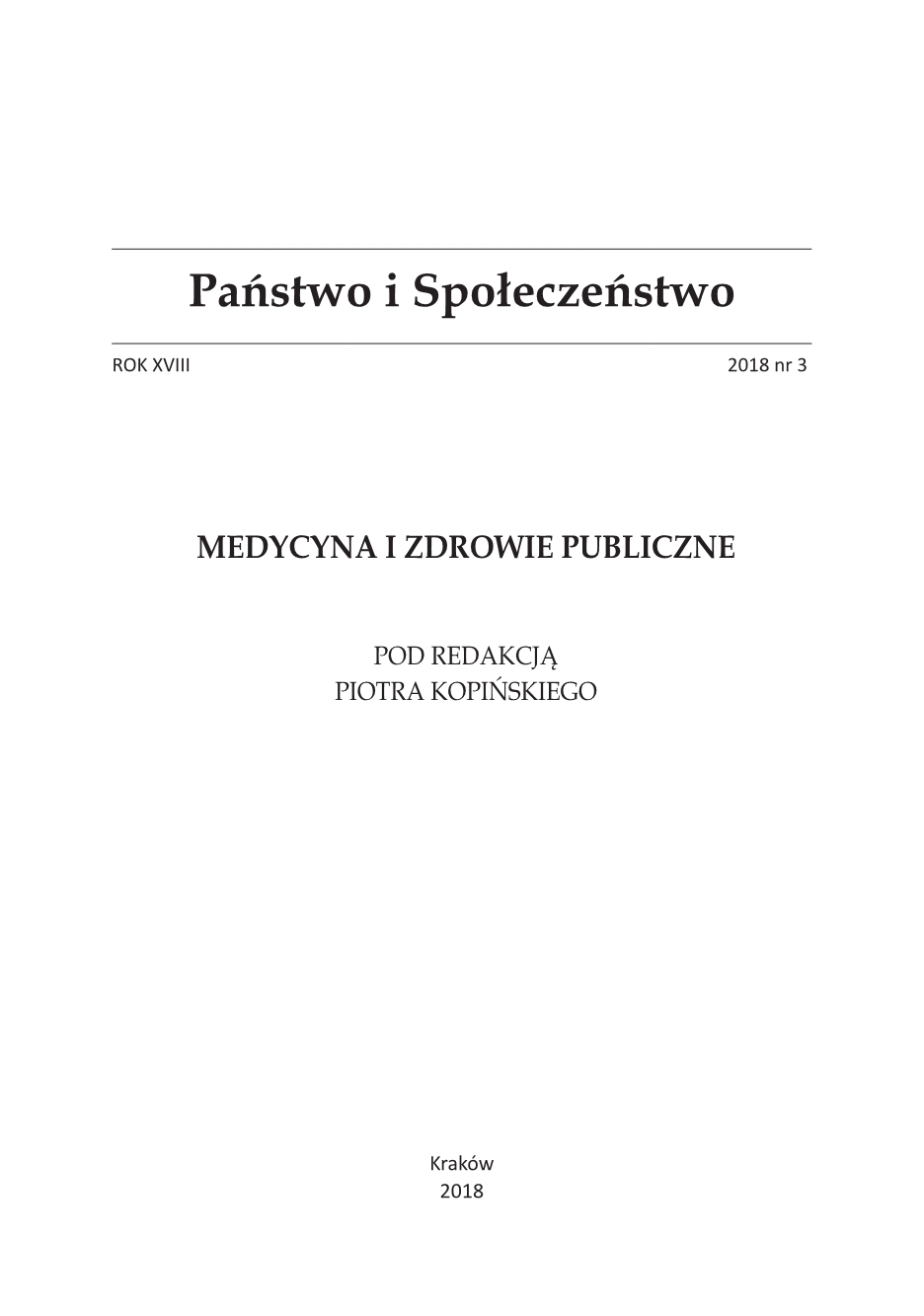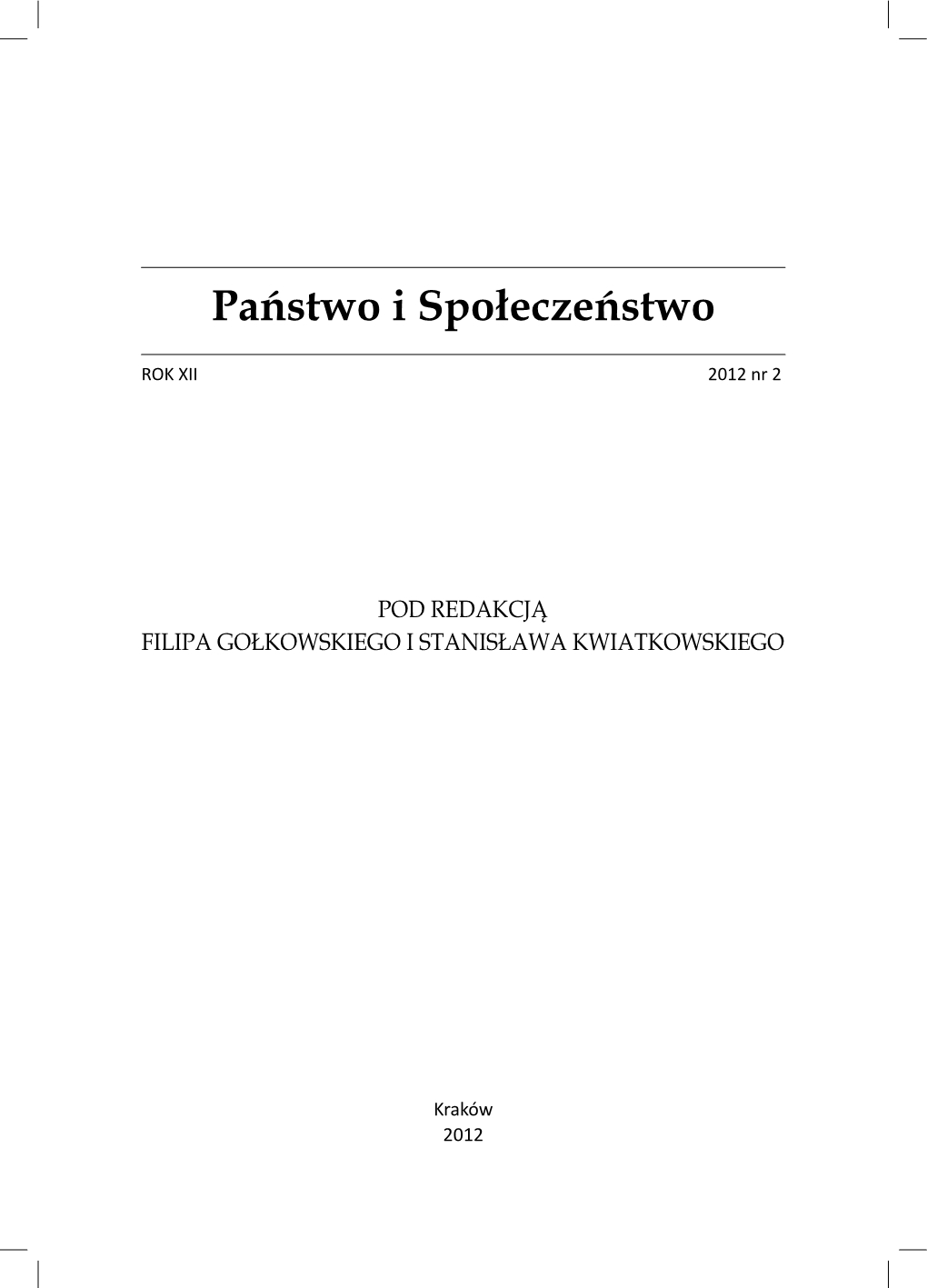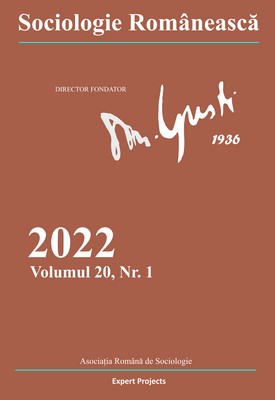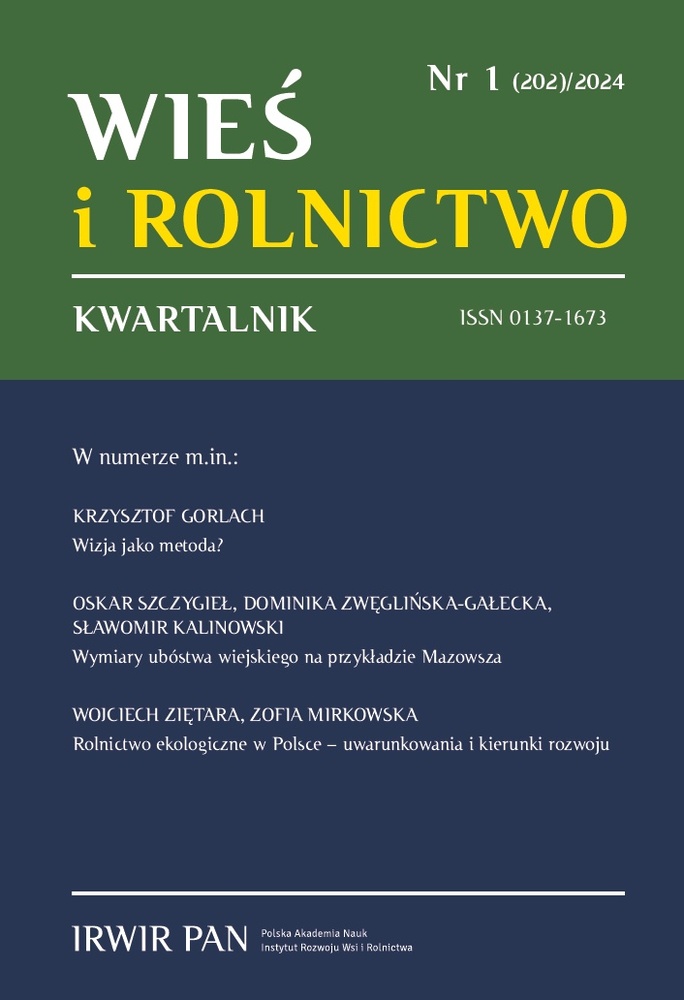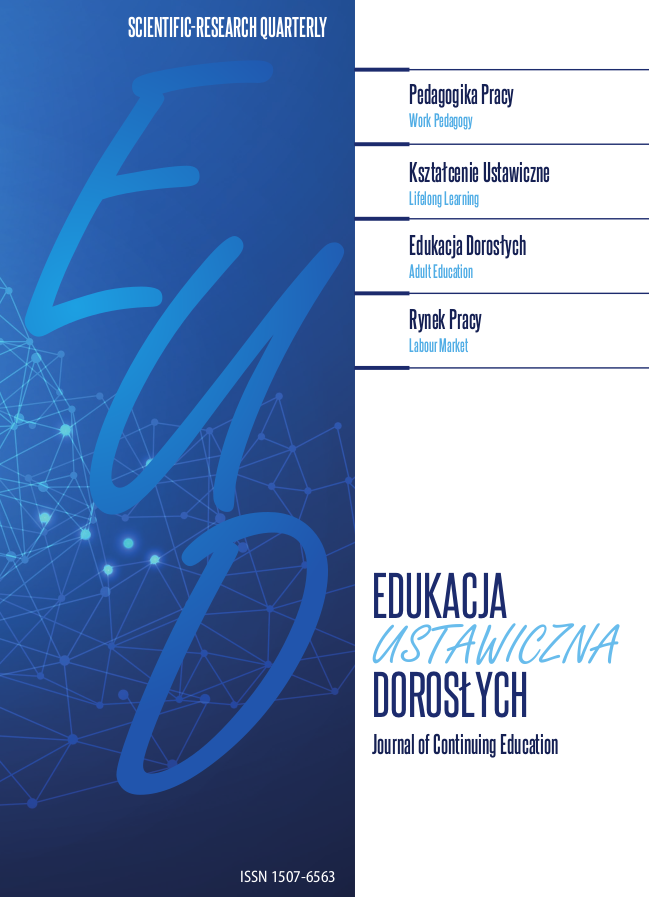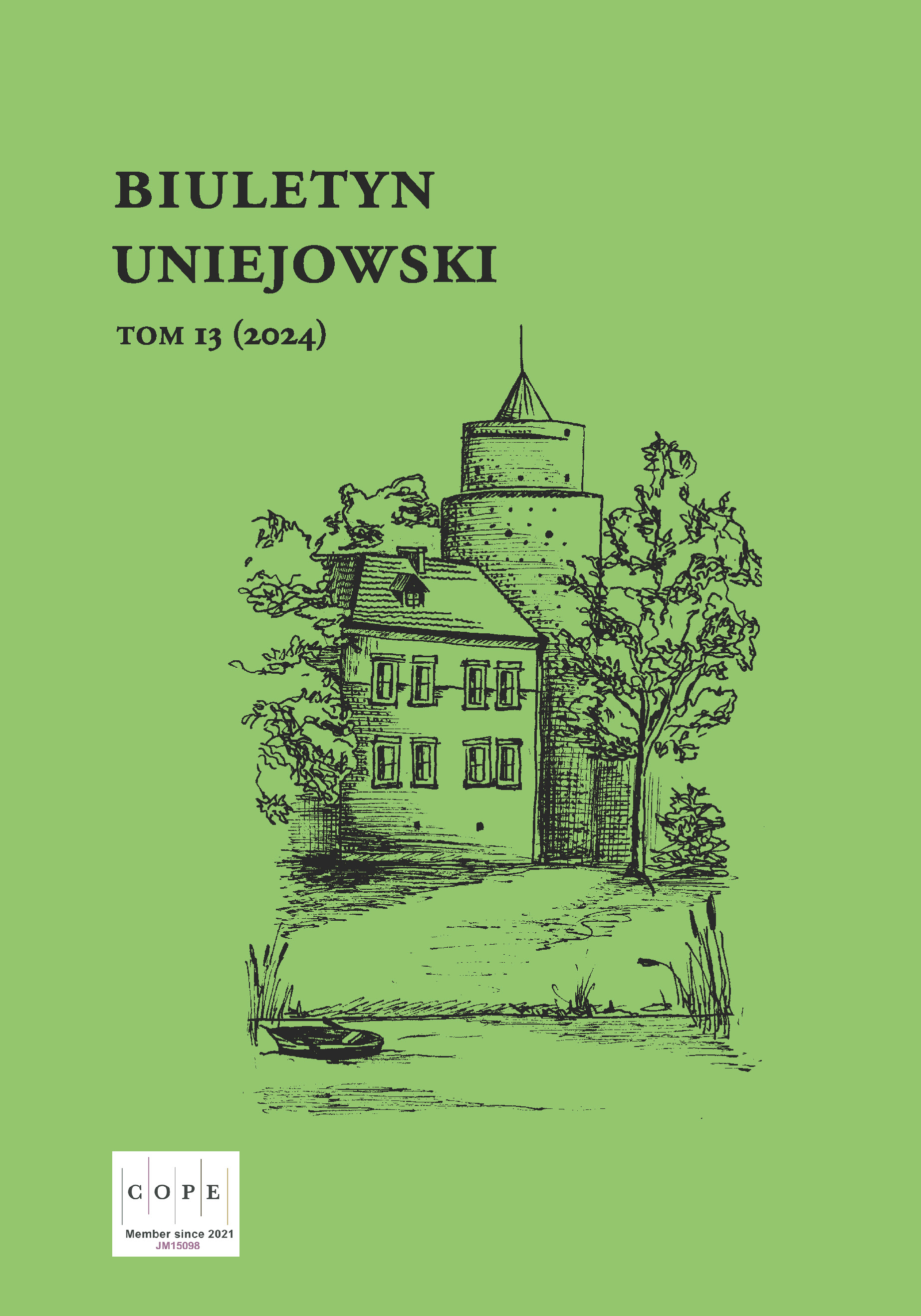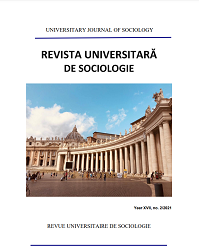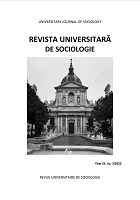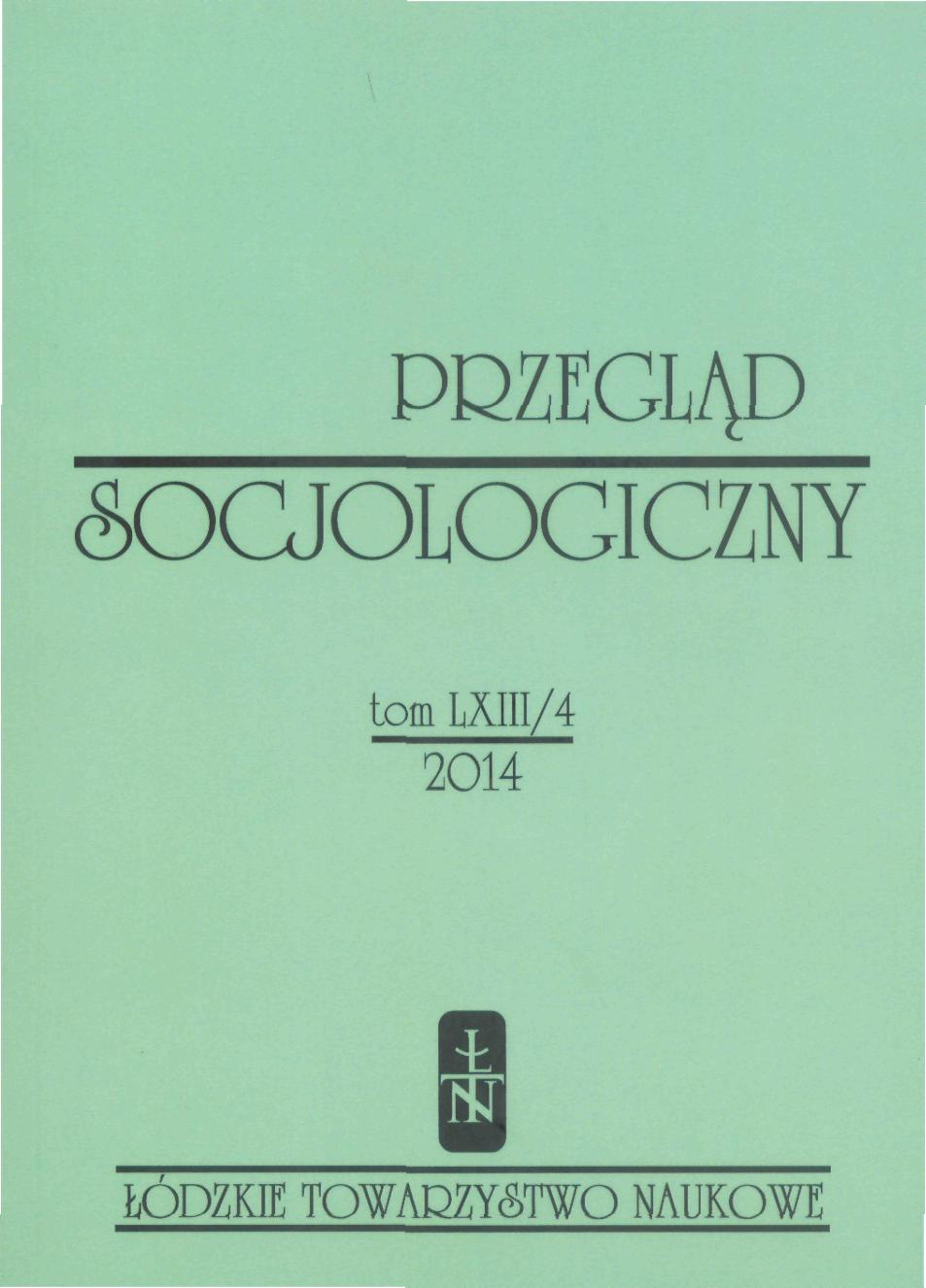
Dzieciństwo w Bullerbyn czy z tiger mothers? Bycie dzieckiem a stawanie się szczęśliwym dorosłym – zastrzeżenia wobec stosowania perspektywy inwestycji społecznych w polityce społecznej
Social policy towards children has become dominated by the perspective of social investment. Without questioning the legitimacy of the social investment concept, this article points out its limitations. While investing in children benefits the children, their families and the general public, it is however based on questionable assumptions: (1) childhood inferiority; childhood is treated as inferior to adulthood, (2) effectiveness and selection; it should be invested in such a way that the return on investment is the largest; (3) competitive advantage; the purpose of investing in the child by parents is for them to gain a competitive advantage in adulthood; (4) the dominance of the labour market perspective; it should be invested into what will be advantageous in obtaining professional work; (5) the inequality of the many varied talents (related to previous point); some areas of human activity, human talents and skills are less important than the others, hence the policy should focus on the most important ones; (6) knowledge of the future; people know what will be needed in the future; (7) stability of the model of adulthood; what is today considered as „being an adult” will remain unchanged in the future. The adoption of these assumptions results in a policy: that supports “becoming an adult” at the expense of “being” a child; is mainly targeted at the poorest children because the return on investment in this group is the greatest; that privileges the skills and talents needed for salary work; that is based on the reigning normative expectations regarding adulthood and what the future will look like; that encourages people to obtain competitive advantages.
More...



